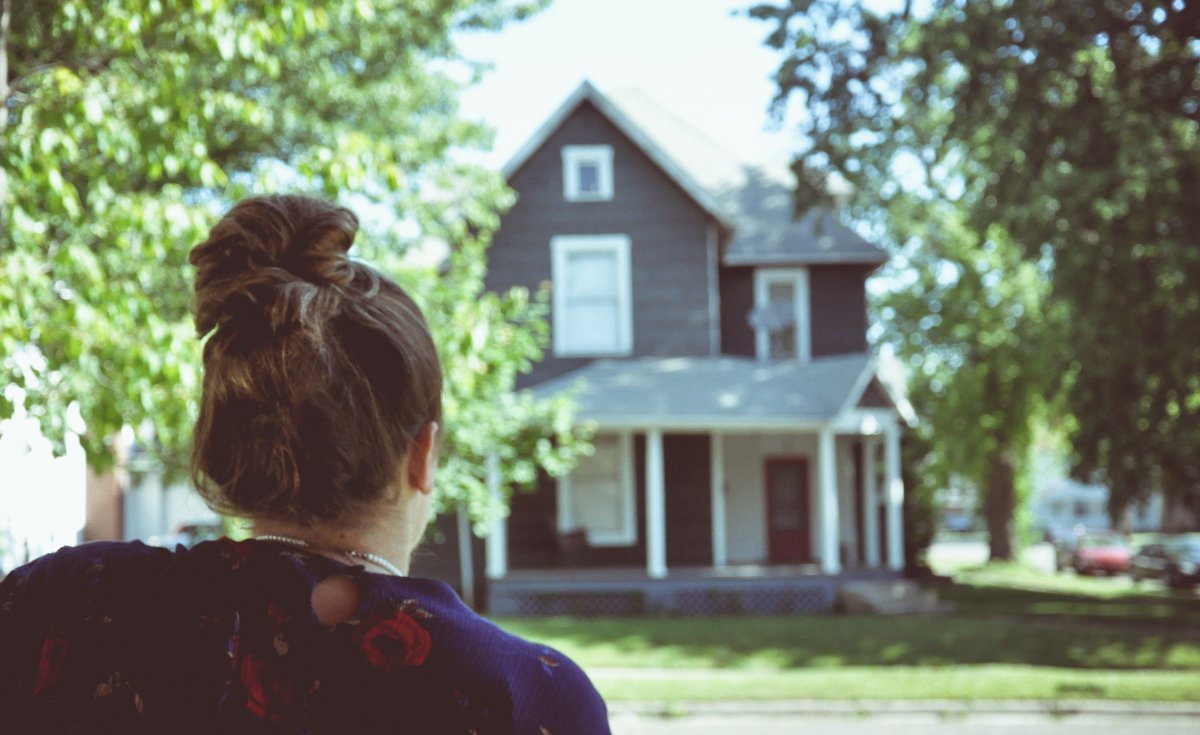4 things you can learn while sleeping
When going to bed, put a book under your pillow and wake up in the morning, you will remember the contents of the book.That's not what this article is about.But the truth is that there are things you really learn while you are sleeping, or at least improve what you have.Most of them depend on one thing, it's sound.Here are the skills that you absolutely can improve during sleep.
1. New words of a foreign language
In a recent experiment, scientists who let native speakers of the German language learn Dutch, started with a few basic words. After that, learners are asked to go to sleep. While they slept, the researchers secretly handed out the basic words that the sleeping Germans had learned before. Another group could sleep quietly. The two groups then conduct word tests and as a result, the group that hears those words during sleep can identify and translate the learned words.

To ensure research results are closely related to sleep, not just the result of hearing those words, researchers do experiments with another group when they listen to these words while do something else, like walking. As a result, the group could not recall the words learned exactly as the group heard from sleep.
2. Ability to play instruments
In another study, researchers taught a group of 1-player guitar players with a technique from the Guitar Hero video game. After that, the group of volunteers also went to sleep and when they woke up, they were asked to play the music again. Similar to the above experiment, one group listened to the music while sleeping (they were completely unaware) and one group did not. As a result, those who listen to that song when they sleep - even without even having the idea about it - can play the melody better than those who don't hear it.

3. How to arrange everything
In a study in 2013, researchers asked a healthy group of adults to place a virtual object on a certain location of the computer screen. While selecting positions, they hear a melody. After that, the researchers performed two experiments in which participants would go to sleep for 1 and a half hours. Participants in the first experiment slept quietly without sound. In the second experiment, the melody that participants heard when placing objects will be played back even though none of them said they heard it when they slept. Not surprisingly, after the sleep, the memory of both groups is more faded. But those who hear the melody - whether conscious or unconscious - have a better memory of it. Interestingly, their memory is even better when it is said that the virtual object is of high value.

4. How to protect special memories
Scientists think the brain uses a special tag system to separate memorable memories and less important memories. Memories that are "important" by the brain will be sent straight to the long-term memory storage area, while less important memories will soon be replaced by new memories.

But scientists think there may be a way to hack this system and take advantage of it our way. In a recent study, scientists discovered that people who hear sounds associated with memories - even unimportant memories - are better able to remember it. First, the group of volunteers participating in the experiment will place an icon on the computer screen at a specific location. The computer is programmed to play a specific sound when the object is placed. For example, the meow sounds when placing a cat icon or ringing bell when placing a bell icon. After that, the group of participants went to sleep. One group listened to the sounds of some symbols, while the rest slept quietly. As a result, people who hear sounds (regardless of sound) can remember all things: A sound seems to help pull memory into many other things.
What happens when we sleep?
Our brains work more slowly at certain times during the night. For some people, the brain spends a lot of time in a phase called slow wave sleep (slow-wave sleep). This is the stage when scientists believe that some information in the area of short-term memory is transferred to long-term memory in the prefrontal cortex.

In some of the experiments above, when scientists were able to study the activity of brain waves on sleeping volunteers, they noticed that those who heard the sound of the night - yes Being foreign in the first experiment or guitar in the second experiment - tends to spend a lot of time in his sleep during the slow wave sleep phase. In other words, the more time we have in the slow wave sleep phase, the more we can learn new skills and keep important memories more easily.
Author: Erin Brodwin
You should read it
- ★ Changing your sleeping position can help you improve your health
- ★ There is a recipe to help you have a good sleep while awake at all times
- ★ It seems simple but this habit is quietly killing your brain every day
- ★ Pokémon Sleep - the game has to… sleep to play
- ★ Do not sleep while sleeping and this is the reason